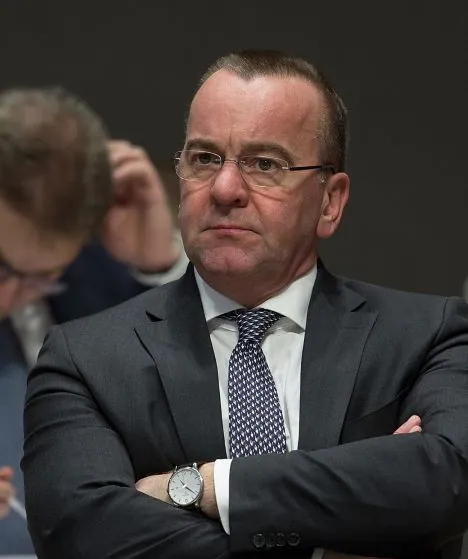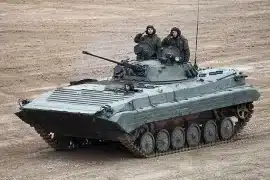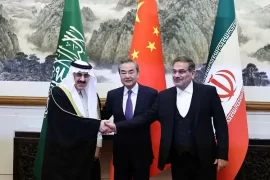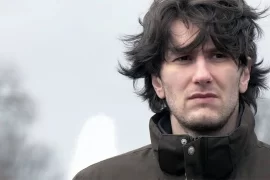
Germany has appointed 62-year-old Boris Pistorius as the new Defense Minister amid mounting pressure on Berlin to allow European nations to send German-made Leopard 2 tanks to Ukraine. What is the significance of Boris Pistorius?
Firstly, it marks a change in leadership following months of criticism towards former Defense Chief Christine Lambrecht for her perceived lack of progress in modernizing the German army and her stance on the Ukraine war.
German Chancellor Olaf Scholz promised a significant shift in Germany’s defense and security policy in response to Russia’s invasion of its neighbor, but this change has been perceived as slow by Ukraine and its allies in Europe, including Poland and the Baltic countries.
The appointment of Pistorius as Germany’s defense minister is especially significant as allies of Ukraine are set to discuss increasing military support at the United States’ Rammstein airbase in southwestern Germany on January 20, 2023.
Pistorius’s appointment may play a decisive role in shaping Germany’s stance at the meeting.
According to German Economy Minister Robert Habeck, important decisions must be made during the discussion on how to continue support for Ukraine’s right to self-defense.
He emphasized that Germany bears a significant responsibility and has crucial tasks to accomplish in this regard.
European Commission President Ursula von der Leyen also shared her expectation to Al Jazeera that important discussions and decisions will be made at the Rammstein meeting on January 20.
Until now, Germany has been hesitant to approve the dispatch of heavy Leopard tanks due to concerns that it could escalate the war.
Other European countries possess stocks of the highly sought-after German tanks, but they can only be re-exported to Kyiv with the approval of Berlin. The German-made Leopard 2 tanks are used by 13 armies across Europe.
German Chancellor Olaf Scholz is facing increasing international pressure to make a crucial decision on whether to approve the dispatch of German battle tanks to Ukraine.
The Green and liberal partners in his three-way coalition have grown more vocal in their support for this move.
Germany’s western allies have been pressuring the German leader as Kyiv pleads for more weapons to strengthen its defense against Russia and reclaim occupied territory as the war approaches its first anniversary.
Recent public statements by leading German ministers suggest that the government’s position is shifting.
The appointment of Boris Pistorius as defense minister may be seen as a change of heart by Scholz.
Scholz praised Pistorius as “an extremely experienced politician who is tried and tested in administration” and has dealt with security policy for years, adding that he is “exactly the right person to lead the Bundeswehr [armed forces] through this turning point.” Such comments clearly shows the significance of Boris Pistorius in Scholz’s defense plan which seems to be undergoing a major shift.
Boris Pistorius, a member of Scholz’s governing Social Democrat Party (SPD), will be stepping down from his position as the interior minister of the state of Lower Saxony.
He gained national recognition during the 2015 refugee crisis and is known for his tough stance on security issues.







